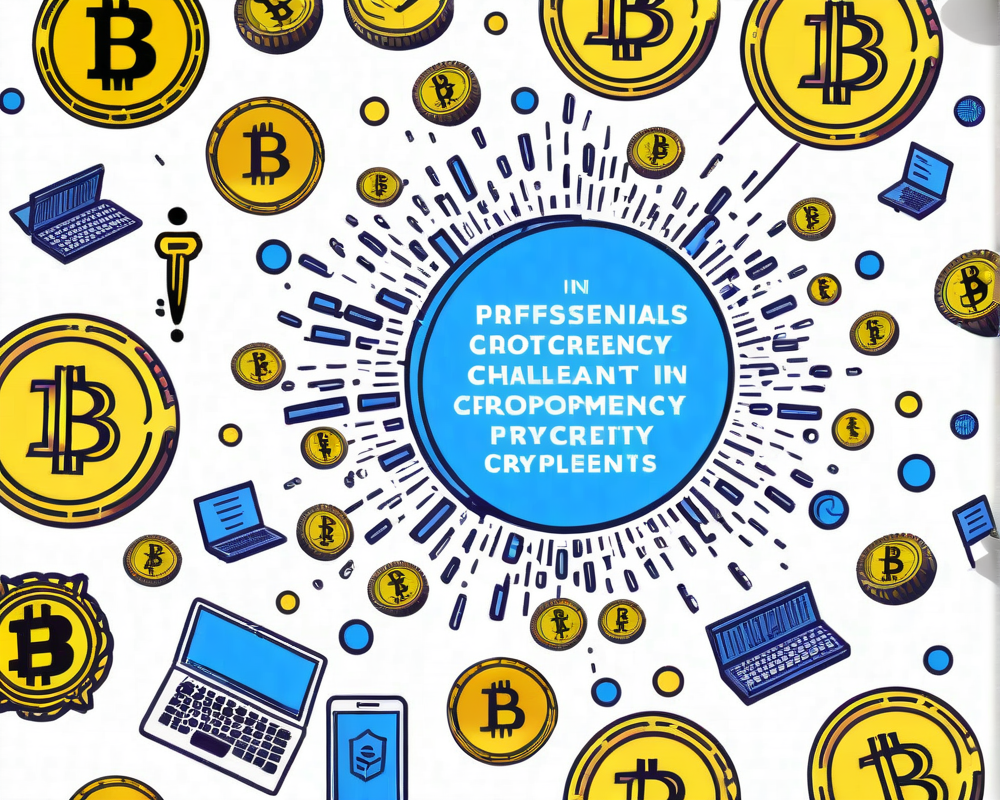Understanding FinCEN’s Role
The Financial Crimes Enforcement Network, better known as FinCEN, is on a mission to combat money laundering and the financing of terrorism. But when it comes to the world of cryptocurrency, it’s like trying to catch a greased pig in a sandstorm. Him Das, the acting director, recently spoke about the agency’s struggles in a hearing before the House Financial Services Committee.
Old Tools for New Problems
During the recent hearing, Das pointed out a significant oversight: the tools available to FinCEN for battling financial crime were established during a time when good old-fashioned banking was the norm. As Das put it, “Section 311 was enacted in a time when most financial relationships and transactions were done through the traditional banking system…” Fast forward to now, and cross-border transactions include everything from payment systems to cryptocurrency, indicating a serious mismatch in regulatory approach.
The Limitations of Current Regulations
Das’s comments also implied that current regulations under the PATRIOT Act are not going to cut it in today’s digital age. For instance, he warned that actors engaged in illicit transactions, such as ransomware and darknet dealings, could slip through the cracks due to outdated regulatory frameworks. “Currently, the Section 311 authority is not right-sized for the types of threats that we’re seeing through the use of cryptocurrency,” Das noted. This indicates a pressing need for updates to the law to effectively target modern digital threats.
Monitoring Russian Sanction Evasion
The discussion turned to how precisely FinCEN plans to tackle potential evasion of sanctions by Russian oligarchs using cryptocurrency. Detailing the bureau’s caution, Das reassured lawmakers that they hadn’t observed extensive use of digital currencies for evasive purposes but they’re keeping an eye on it. “We’ve not seen large-scale evasion through the use of cryptocurrency,” he stated, highlighting a proactive approach to monitoring the evolving landscape.
The Unhosted Wallet Dilemma
To further complicate matters, Das explained that FinCEN is also contemplating how to oversee financial transactions that involve self-custodied or unhosted wallets. Unhosted wallets send shivers down the spine of regulators because they can seem anonymous and mysterious. However, Das emphasized that these wallets are often involved in transactions with cryptocurrency exchanges that operate under existing anti-money laundering regulations. Therefore, there are avenues for law enforcement to track suspicious activities, albeit with some creative thinking involved!
Conclusion: A Need for Evolution
As cryptocurrencies continue to shift and shake the financial landscape, agencies like FinCEN are left racing to keep pace. The challenge? Updating archaic regulations to fit modern technology while staying a step ahead of criminal minds. It’s a pursuit that’s as difficult as trying to juggle flaming swords while riding a unicycle—thrilling, a bit dangerous, and fraught with challenges.




